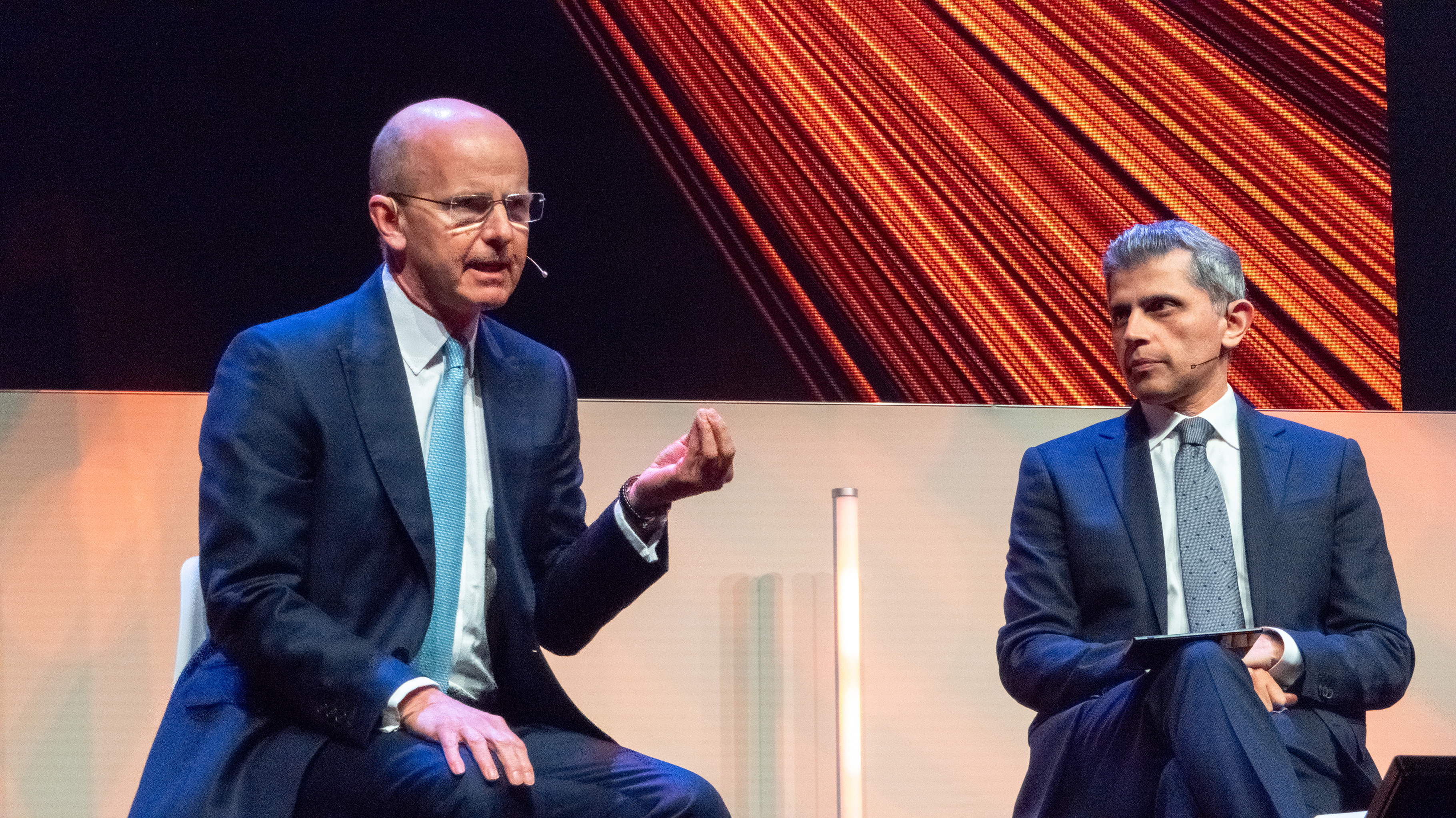Why restricting porn access opens door to spying
Tories' election pledge to introduce age restrictions is more worrying than it appears

OPINION:Porn sites will have proper age restrictions if the Conservatives are returned to government following May's general election.
Prime Minister David Cameron's pledge aims to protect children after a Childline survey found 18 per cent of 12-13 year-olds had seen upsetting pornography pictures on the web.
Many porn sites do require a visitor to enter their date of birth or confirm they're aged over 18, but users can simply select a date or tick a box rather than provide any real proof of age.
However, the Tories say an independent regulator would require ISPs to block porn sites that don't comply.
Culture secretary Sajid Javid said: "We need effective controls online that apply to UK and overseas.
"This is about giving children the best start in life; we do not want to prevent adults from accessing legal content but we do want to protect our children from harmful material, so they are free to develop a healthy attitude to sex and relationships."
This regulator would also be tasked with finding out the best way to introduce age restrictions, the Conservatives say.
Sign up today and you will receive a free copy of our Future Focus 2025 report - the leading guidance on AI, cybersecurity and other IT challenges as per 700+ senior executives
But Javid told BBC Breakfast one way to age-check porn users would be with credit cards presumably for paid-access sites.
Another method, he said, was adopting electronic IDs (EIDs) as used in countries such as Finland.
Restricting porn access is a laudable principle, but not one that should be automatically supported without consideration of just how it will be done.
Javid's suggestions of age-checking people with their credit cards, or with EIDs, is worrying due to the potential for misuse.
But, as Sally Annereau, data protection analyst from Taylor Wessing law firm, says, it's probably the only way to do it.
"Implementing online processes that can reliably verify a person's age will inevitably require the collection of, access to, or sharing of even more unique information about people," she warns.
Such a measure raises many questions around data protection how can these details be collected and safeguarded to protect privacy?
Furthermore, it raises the risk of ID theft, fraud, and surveillance.
"It would be a privacy own goal to implement online safeguards without first taking account of all the wider risks and legal challenges for society that those measures also raise," Annereau says.
The GCHQ isn't exactly averse to a bit of spying, with ex-NSA whistleblower Edward Snowden revealing the NSA had provided the British spy agency with data on UK citizens from its own snooping programmes.
Additionally, the Tories' own record on security is questionable in the extreme.
Cameron recently pledged to ban encrypted communication services that make it hard for spooks to see what people are saying.
Then there's the Snooper's Charter, officially the Communications Data Bill, which the Lib Dems managed to block, but introduced by their coalition partners.
If passed, it would have made it easier for law enforcement and intelligence agencies to access communications data, forcing ISPs and websites to store information on users for at least 12 months.
The Tories may try to push the bill through Parliament again after May 7, and GCHQ is no doubt resorting to other methods to collect data on citizens but why make it easier for them?
As content filtering company Bloxx's sales director, Mark Gibson, says: "It seems naive to suggest this would not impeach on people's privacy - if implemented the system will, to a degree, monitor people's browsing."
Instead, there must be another way forward - Taylor Wessing's Annereau certainly thinks there is.
She points to a range of potential technologies that also offer more privacy-friendly features and give parents greater control and peace of mind.
However, she adds: "One big consideration around placing the onus on sites is that it may be challenging to develop standardised solutions."
Gibson suggests another route. "There needs to be education and discussion about adult content, to try and tackle the reason more and more children are searching it out, rather than placing it behind a set of easily bypassed barriers," he says.
Either way, while we might agree with the sentiment proposed by the Conservatives, it's hard to see how it will prove practical without further eroding the privacy of UK citizens.
A discussion on the prevalence of porn in today's society should be encouraged, but there's no quick answer thinking through the possible consequences takes time and introducing such a measure shouldn't be left to a single party with a poor record on privacy.
-
 Trump's AI executive order could leave US in a 'regulatory vacuum'
Trump's AI executive order could leave US in a 'regulatory vacuum'News Citing a "patchwork of 50 different regulatory regimes" and "ideological bias", President Trump wants rules to be set at a federal level
-
 TPUs: Google's home advantage
TPUs: Google's home advantageITPro Podcast How does TPU v7 stack up against Nvidia's latest chips – and can Google scale AI using only its own supply?
-
 Data (Use and Access) Act comes into force
Data (Use and Access) Act comes into forcenews Organizations will be required to have an effective data protection complaints procedure and fulfil new requirements for online services that children are likely to use
-
 Former GCHQ intern risked national security after taking home top secret data
Former GCHQ intern risked national security after taking home top secret dataNews A former GCHQ intern has pleaded guilty to transferring data from a top-secret computer onto his work phone.
-
 Businesses must get better at sharing cyber information, urges former GCHQ chief
Businesses must get better at sharing cyber information, urges former GCHQ chiefJeremy Fleming, the former head of GCHQ, has warned businesses face increasingly sophisticated cyber attacks on critical national infrastructure (CNI).
-
 UK businesses patchy at complying with data privacy rules
UK businesses patchy at complying with data privacy rulesNews Companies need clear and well-defined data privacy strategies
-
 Data privacy professionals are severely underfunded – and it’s only going to get worse
Data privacy professionals are severely underfunded – and it’s only going to get worseNews European data privacy professionals say they're short of cash, short of skilled staff, and stressed
-
 Four years on, how's UK GDPR holding up?
Four years on, how's UK GDPR holding up?News While some SMBs are struggling, most have stepped up to the mark in terms of data governance policies
-
 Multicloud data protection and recovery
Multicloud data protection and recoverywhitepaper Data is the lifeblood of every modern business, but what happens when your data is gone?
-
 Intelligent data security and management
Intelligent data security and managementwhitepaper What will you do when ransomware hits you?